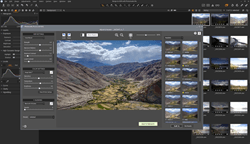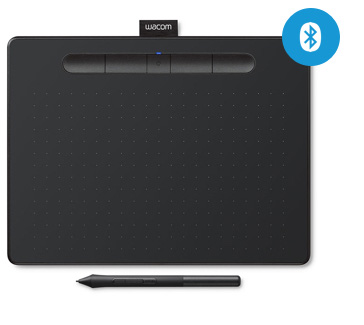Exploring Precision Medicine and the Tools Used

Precision medicine is reshaping how we approach healthcare by tailoring treatments to individual patients rather than using a one-size-fits-all approach. This method considers a person’s genetic makeup, lifestyle, and environment to deliver more effective care. Over the last few decades, advancements in technology and improvements in scientific research have played a major role in bringing precision medicine to the forefront of healthcare innovation. It has become an essential element in personalized healthcare, offering patients treatments that match their unique needs while optimizing outcomes. Continue reading to explore precision medicine and the tools used in the process.
Tools Driving Precision Medicine
The foundation of precision medicine lies in the tools and technologies that make individualized care possible.
Genetic Testing
Genetic testing stands as one of the cornerstones. Through genetic tests, healthcare providers identify mutations, biomarkers, and inherited conditions that could influence how a person responds to certain medications. Predictive insights from genetic testing help determine the best course of action for patients based on their genetic profiles.
Next-Generation Sequencing
Another critical tool in the field is next-generation sequencing (NGS). This technology enables rapid analysis of entire genomes or specific regions of DNA, providing extremely detailed insights in a matter of hours. NGS has transformed the speed and accuracy of diagnosing genetic conditions, directly impacting treatment strategies.
Bioinformatics and Data Analysis
Alongside genetics-focused tools, bioinformatics and data analysis are key. Advanced computational tools analyze massive datasets generated by genetic testing and NGS. These tools connect the dots between an individual’s genetic data and broader population-level trends, giving researchers and clinicians actionable insights.
Wearable Devices
Wearable devices and mobile apps also play a major role in precision medicine. Smartwatches track real-time health metrics such as heart rate, sleep patterns, and physical activity. Scientists integrate the data gathered from these sources into healthcare plans, allowing for proactive interventions and continuous monitoring.
Interestingly, scientists use organoids in biomedical research to help with precision medicine. These lab-grown, miniature organs simulate human tissues and allow researchers to test treatments in a controlled environment. This step further personalizes healthcare, offering deeper insights into how different individuals might respond to specific therapies.
Facing Challenges and Looking Ahead
While precision medicine brings enormous promise, it also faces hurdles. Privacy remains a key concern as genetic data becomes more widely collected and analyzed. Keeping this data secure is essential to building trust with patients. Additionally, access to such advanced care isn’t universal, with affordability standing as a barrier for many. Expanding access will be critical in leveling the playing field for all patients.
Despite these challenges, the potential of precision medicine continues to grow. Emerging innovations include genome editing technologies like CRISPR and advanced AI tools capable of further improving diagnostics. Researchers and doctors continuously refine methods and explore new applications that push the boundaries of personalized healthcare.
Transforming Lives Through Precision Medicine
For the general public, precision medicine represents a shift in healthcare delivery. Patients gain a better understanding of their health through detailed insights, which empowers them to manage their well-being. Doctors, in turn, work with this information to deliver precise, proactive care that caters to each individual.
By integrating advanced tools and cutting-edge research, precision medicine is paving the way for a future where treatments are tailored, outcomes improve, and healthcare becomes more inclusive. This transformative approach sets the stage for a healthier, more personalized tomorrow.





